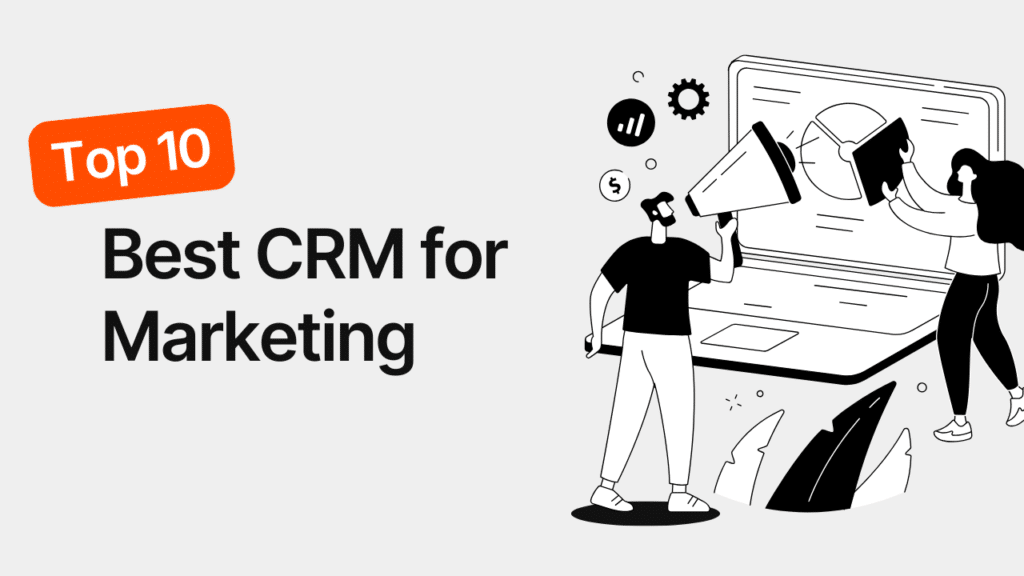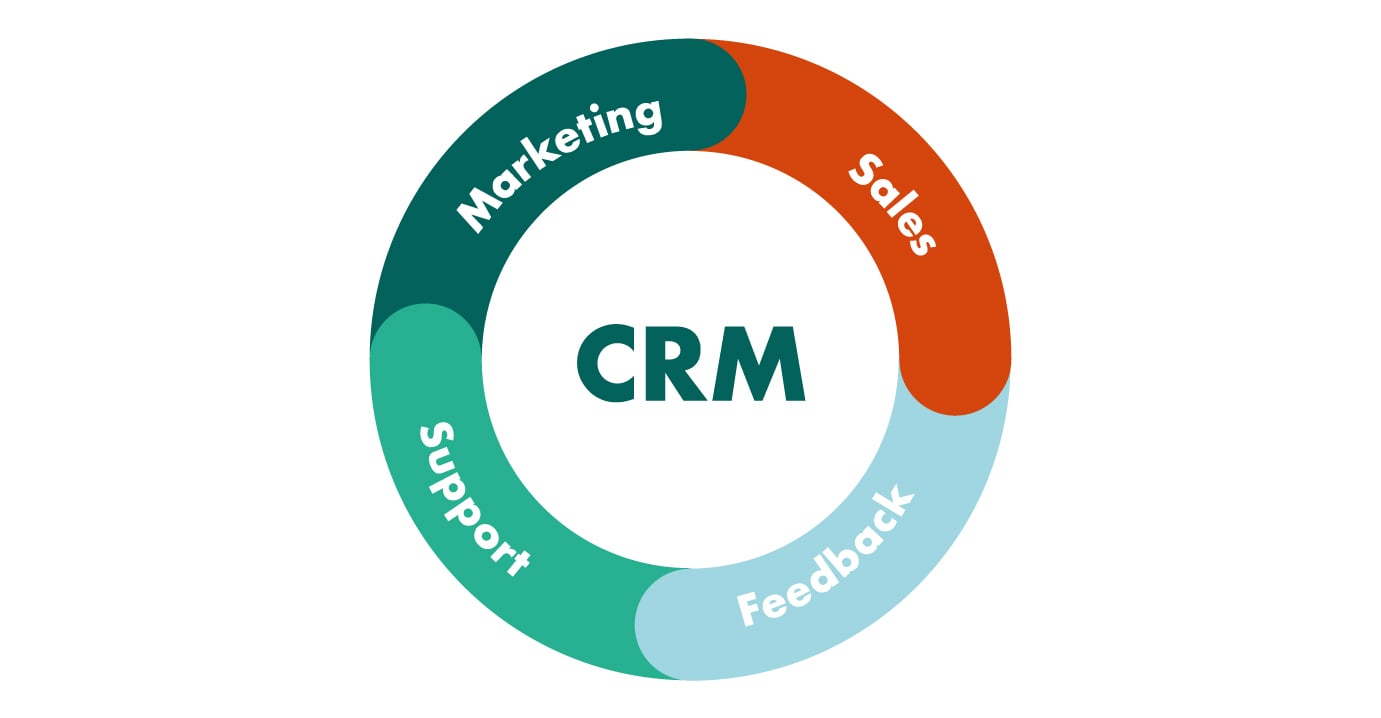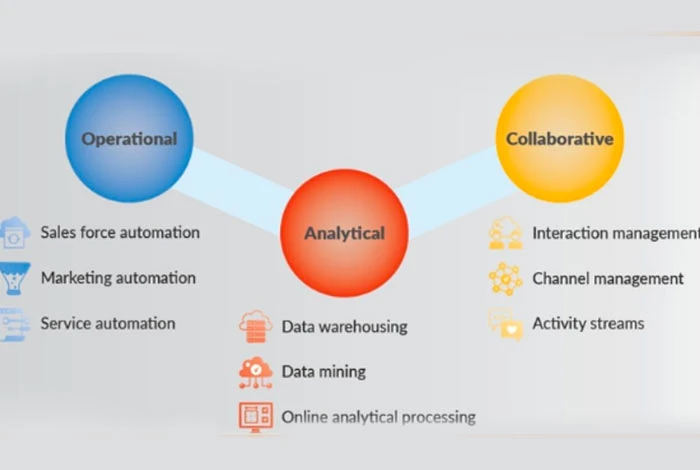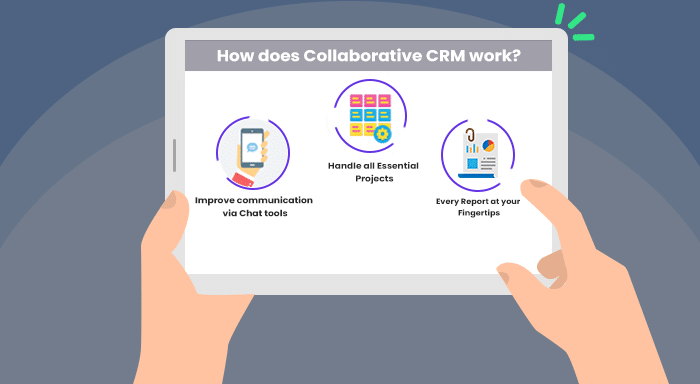Small Business CRM Trends 2025: Navigating the Future of Customer Relationships
Small Business CRM Trends 2025: Navigating the Future of Customer Relationships
The business landscape is in constant flux. What worked yesterday might not cut it tomorrow. For small businesses, this is especially true. The ability to adapt and evolve is crucial for survival, let alone success. One of the most critical areas for adaptation is customer relationship management (CRM). CRM isn’t just a buzzword; it’s the backbone of any business that values its customers. As we approach 2025, the trends shaping CRM are becoming clearer, and understanding them is vital for small businesses looking to thrive.
This article delves into the key CRM trends small businesses need to watch out for in 2025. We’ll explore how these trends will impact customer interactions, sales processes, marketing strategies, and overall business growth. Get ready to future-proof your small business with insights that will help you build stronger customer relationships and drive sustainable success.
The Rise of AI-Powered CRM
Artificial intelligence (AI) is no longer a futuristic concept; it’s a present-day reality, and its influence on CRM is profound. In 2025, AI will be deeply integrated into CRM systems, transforming how small businesses interact with their customers. Here’s how:
- Predictive Analytics: AI algorithms will analyze vast amounts of customer data to predict future behavior. This includes identifying potential churn risks, anticipating customer needs, and forecasting sales opportunities. For small businesses, this means a more proactive approach to customer engagement. Instead of reacting to problems, you can anticipate them and take preventative measures.
- Automated Tasks: Repetitive tasks, such as data entry, lead scoring, and email responses, will be automated by AI. This frees up valuable time for your team to focus on more strategic activities like building relationships and closing deals. Imagine your sales team spending more time talking to prospects instead of manually entering data – that’s the power of AI.
- Personalized Customer Experiences: AI will enable hyper-personalization. CRM systems will tailor interactions based on individual customer preferences, purchase history, and browsing behavior. This level of personalization leads to higher customer satisfaction and increased conversion rates. Think about recommending products based on past purchases or offering tailored support based on a customer’s specific needs.
- Enhanced Chatbots: AI-powered chatbots will become more sophisticated, handling complex customer inquiries and providing instant support. This can significantly reduce response times and improve customer service efficiency. Instead of waiting for a human agent, customers can get immediate answers to their questions.
Why this matters for small businesses: AI-powered CRM levels the playing field. It allows small businesses to compete with larger organizations by leveraging the power of data and automation. It also improves efficiency, reduces costs, and enhances the customer experience, leading to increased customer loyalty and revenue growth.
The Shift Towards Mobile CRM
In 2025, the ability to access and manage CRM data on the go will be non-negotiable. Mobile CRM solutions will be more robust, user-friendly, and integrated than ever before. This trend is driven by the increasing mobility of the workforce and the need for real-time access to customer information.
- Real-time Data Access: Sales teams and customer service representatives will be able to access customer data, update records, and track interactions from anywhere, at any time. This ensures that they are always informed and equipped to provide the best possible service.
- Improved Collaboration: Mobile CRM will facilitate better collaboration among team members. They can share updates, communicate about customer interactions, and coordinate activities more efficiently.
- Enhanced Productivity: Mobile CRM tools will streamline workflows and boost productivity. Sales reps can update leads, schedule appointments, and close deals directly from their smartphones or tablets.
- Offline Functionality: The ability to access and update CRM data even without an internet connection will be crucial. This is especially important for businesses that operate in areas with limited connectivity.
Why this matters for small businesses: Mobile CRM empowers your team to be more responsive, efficient, and customer-focused. It allows you to stay connected with your customers, regardless of location, and provides the flexibility needed to manage your business effectively in a fast-paced environment.
Hyper-Personalization and Customer-Centricity
In 2025, customers will expect personalized experiences. They want to feel understood, valued, and catered to. CRM systems will play a crucial role in enabling this hyper-personalization by leveraging data to tailor interactions at every touchpoint.
- Data-Driven Insights: CRM systems will collect and analyze vast amounts of customer data, including demographics, purchase history, browsing behavior, and social media activity. This data will provide valuable insights into customer preferences, needs, and pain points.
- Personalized Content and Offers: Businesses will use this data to create highly personalized content, offers, and recommendations. This includes personalized email campaigns, targeted advertising, and customized product suggestions.
- Proactive Customer Service: CRM systems will enable proactive customer service. Businesses can anticipate customer needs and proactively offer support or solutions.
- Seamless Omnichannel Experiences: Customers will expect a seamless experience across all channels, whether it’s email, phone, chat, or social media. CRM systems will integrate these channels to provide a unified view of the customer and ensure consistent messaging.
Why this matters for small businesses: Hyper-personalization fosters stronger customer relationships, increases customer loyalty, and drives higher conversion rates. By understanding your customers on a deeper level, you can create experiences that resonate with them, leading to increased sales and revenue.
The Rise of CRM for Specific Industries
While general-purpose CRM systems are still prevalent, there’s a growing trend towards industry-specific CRM solutions. These systems are designed to meet the unique needs of particular industries, such as real estate, healthcare, and manufacturing.
- Tailored Features: Industry-specific CRM systems offer features that are tailored to the specific needs of the industry. For example, a real estate CRM might include features for managing properties, tracking leads, and scheduling showings.
- Compliance and Security: These systems often incorporate industry-specific compliance requirements and security measures to protect sensitive data.
- Improved Efficiency: By focusing on industry-specific workflows and processes, these CRM systems can improve efficiency and productivity.
- Better Integration: Industry-specific CRM systems often integrate with other tools and platforms commonly used in the industry.
Why this matters for small businesses: Industry-specific CRM solutions can provide a more tailored and effective CRM experience. They can streamline workflows, improve efficiency, and ensure compliance with industry regulations. For small businesses, this can lead to a significant competitive advantage.
Integration with Marketing Automation
Marketing automation and CRM are becoming increasingly intertwined. In 2025, we’ll see a greater integration between these two systems, allowing businesses to create more effective marketing campaigns and nurture leads more efficiently.
- Automated Lead Nurturing: CRM systems will be integrated with marketing automation platforms to automate lead nurturing campaigns. This includes sending targeted emails, delivering personalized content, and scoring leads based on their engagement.
- Improved Lead Qualification: Marketing automation will help qualify leads by scoring them based on their behavior and demographics. This allows sales teams to focus on the most promising leads.
- Closed-Loop Reporting: Integrated systems will provide closed-loop reporting, allowing businesses to track the effectiveness of their marketing campaigns and measure their return on investment (ROI).
- Personalized Marketing Journeys: Businesses can create personalized marketing journeys based on customer data and behavior, ensuring that they receive the right message at the right time.
Why this matters for small businesses: Integrating CRM with marketing automation streamlines the sales and marketing process, improves lead generation, and increases conversion rates. It also provides valuable insights into campaign performance, allowing businesses to optimize their marketing efforts.
The Importance of Data Privacy and Security
As CRM systems collect and store more customer data, data privacy and security will become even more critical. In 2025, businesses will need to prioritize data protection and comply with evolving privacy regulations.
- Compliance with Regulations: Businesses will need to comply with data privacy regulations, such as GDPR, CCPA, and other regional and national laws.
- Data Encryption and Security Measures: CRM systems will need to incorporate robust data encryption and security measures to protect customer data from unauthorized access.
- Transparency and Consent: Businesses will need to be transparent about how they collect and use customer data and obtain explicit consent.
- Data Governance: Implementing data governance policies will be essential to ensure data quality, accuracy, and security.
Why this matters for small businesses: Data breaches and privacy violations can damage a business’s reputation and lead to legal consequences. Prioritizing data privacy and security builds trust with customers and protects the business from potential risks.
The Role of CRM in Customer Experience (CX)
CRM is no longer just about managing sales and marketing; it’s becoming central to delivering exceptional customer experiences. In 2025, businesses will leverage CRM to understand their customers better, personalize interactions, and build lasting relationships.
- 360-Degree Customer View: CRM systems will provide a 360-degree view of each customer, including their purchase history, interactions, preferences, and feedback.
- Personalized Customer Service: Customer service representatives will use CRM data to personalize interactions and provide tailored support.
- Proactive Customer Engagement: Businesses will proactively engage with customers based on their behavior and preferences, offering relevant products, services, and support.
- Customer Feedback and Analysis: CRM systems will integrate with customer feedback tools, allowing businesses to collect and analyze customer feedback to improve their products, services, and overall customer experience.
Why this matters for small businesses: A positive customer experience is essential for building brand loyalty and driving repeat business. By using CRM to enhance customer experiences, small businesses can differentiate themselves from the competition and create a loyal customer base.
CRM and the Future of Remote Work
The rise of remote work has fundamentally changed how businesses operate. CRM systems will play a crucial role in enabling remote teams to collaborate effectively and maintain strong customer relationships.
- Cloud-Based CRM: Cloud-based CRM systems will be essential for remote teams, providing access to customer data from anywhere with an internet connection.
- Collaboration Tools: CRM systems will integrate with collaboration tools, such as Slack and Microsoft Teams, to facilitate communication and teamwork.
- Mobile Accessibility: Mobile CRM solutions will be critical for remote sales teams and customer service representatives who need to access customer data on the go.
- Performance Tracking: CRM systems will provide performance tracking and reporting capabilities to monitor the productivity of remote teams and ensure they are meeting their goals.
Why this matters for small businesses: CRM enables remote teams to stay connected, collaborate effectively, and provide excellent customer service, regardless of location. This is essential for businesses that embrace remote work models.
Choosing the Right CRM for Your Small Business in 2025
Selecting the right CRM system is crucial for small businesses. With so many options available, it’s essential to choose a system that meets your specific needs and supports your business goals. Here’s what to consider:
- Business Needs: Determine your specific needs, such as sales management, marketing automation, customer service, or a combination of these.
- Scalability: Choose a CRM system that can scale with your business as it grows.
- Integration: Ensure the CRM system integrates with your existing tools and platforms, such as email marketing software, accounting software, and social media platforms.
- Ease of Use: Select a user-friendly system that is easy to learn and use.
- Cost: Consider the cost of the CRM system, including subscription fees, implementation costs, and ongoing maintenance.
- Customer Support: Choose a CRM provider that offers excellent customer support and training.
- Mobile Capabilities: Ensure the CRM system has robust mobile capabilities.
- AI Features: Prioritize CRM systems that incorporate AI-powered features.
Key Takeaway: Take the time to research different CRM systems and choose the one that best fits your business needs, budget, and future goals.
Conclusion: Embracing the Future of CRM
The CRM landscape is evolving rapidly, and small businesses that adapt to these trends will be well-positioned for success in 2025 and beyond. By embracing AI, mobile CRM, hyper-personalization, and other key trends, you can build stronger customer relationships, improve efficiency, and drive sustainable growth.
The future of CRM is bright, and it’s an exciting time for small businesses. By staying informed, adapting to change, and choosing the right CRM solution, you can navigate the future of customer relationships and achieve your business goals.
Don’t get left behind. Start planning your CRM strategy for 2025 today!





